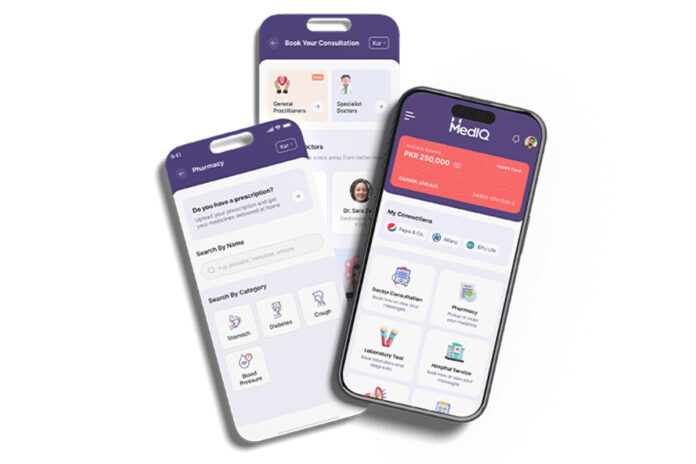MedIQ, one of Pakistan’s recognized digital health platforms, has now positioned itself at the forefront of the country’s artificial intelligence revolution. With a multi-million-dollar investment into in-house AI development, the company is transforming its operations from traditional telemedicine into a data-driven healthcare system provider.
This move doesn’t just represents technological advancement, it marks a strategic shift toward building one of Pakistan’s first large-scale, healthcare-specific AI infrastructure, trained on local medical realities.
The company’s new AI engine automates the entire clinical workflow. From multilingual pre-consultation triage to real-time medical note taking during appointments and even post-consultation patient management, MedIQ’s system guides patients as well as practitioners through every step of their healthcare journey.
For hospitals, the impact is immediate: time spent on documentation drops and patient throughput increases. For Pakistan’s overburdened healthcare system where clinicians often see dozens of patients per shift, AI-driven efficiency is not just convenient, it’s essential to ease that burden. The content in this publication is expensive to produce. But unlike other journalistic outfits, business publications have to cover the very organizations that directly give them advertisements. Hence, this large source of revenue, which is the lifeblood of other media houses, is severely compromised on account of Profit’s no-compromise policy when it comes to our reporting. No wonder, Profit has lost multiple ad deals, worth tens of millions of rupees, due to stories that held big businesses to account. Hence, for our work to continue unfettered, it must be supported by discerning readers who know the value of quality business journalism, not just for the economy but for the society as a whole.To read the full article, subscribe and support independent business journalism in Pakistan









